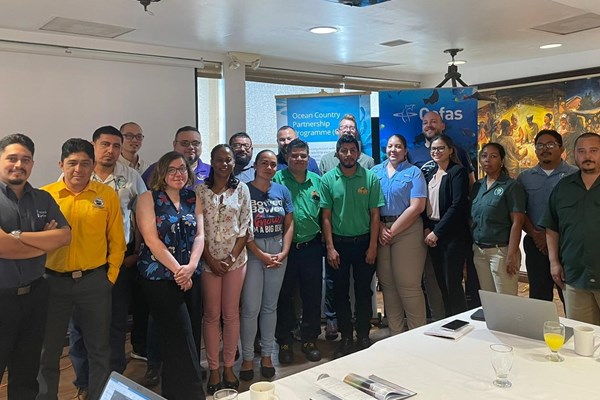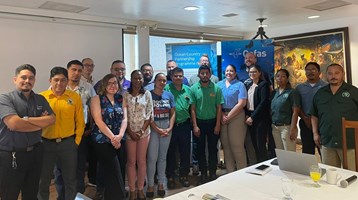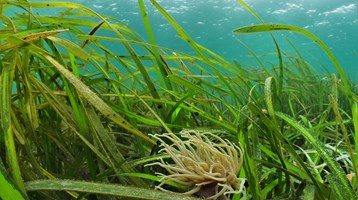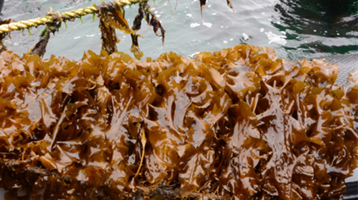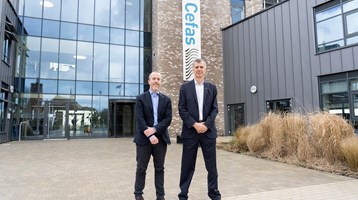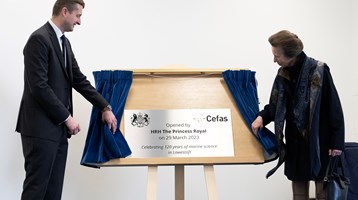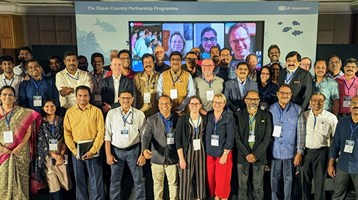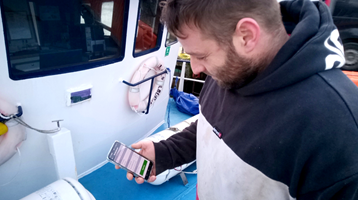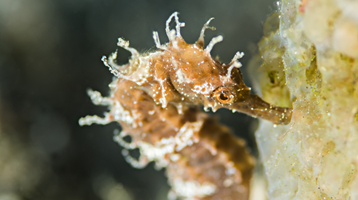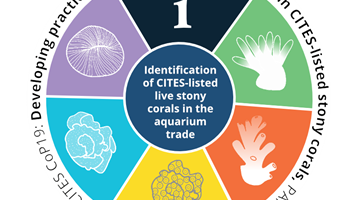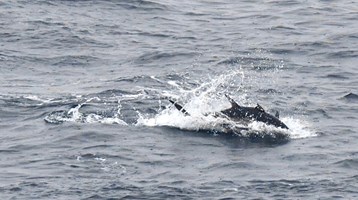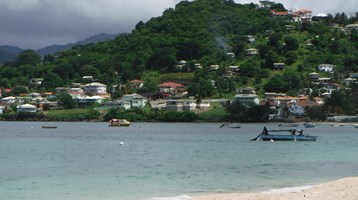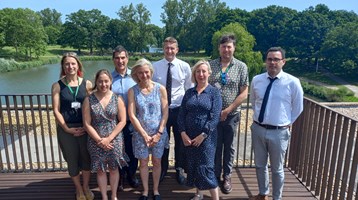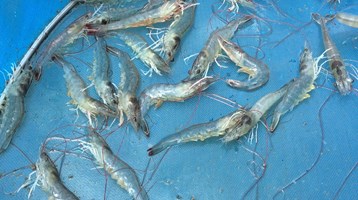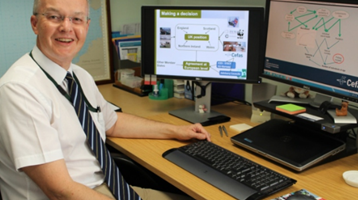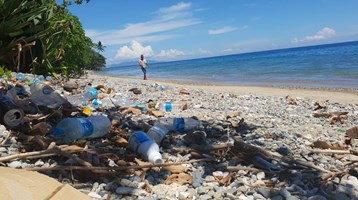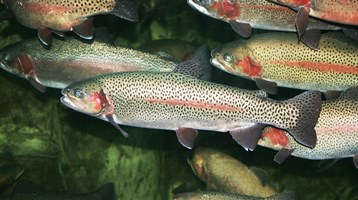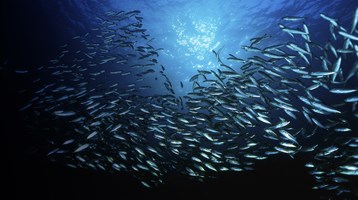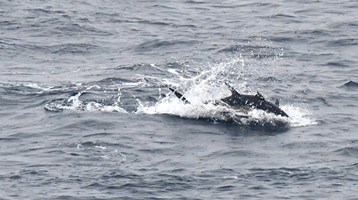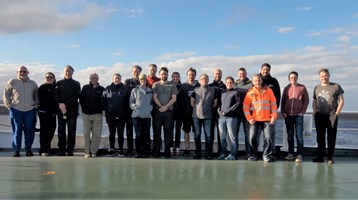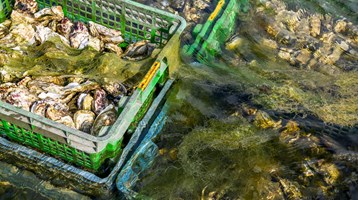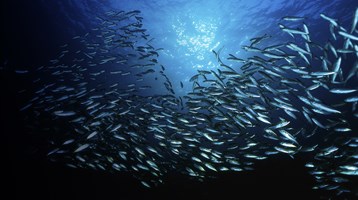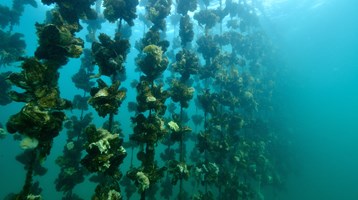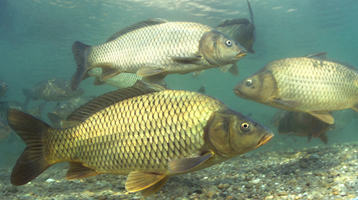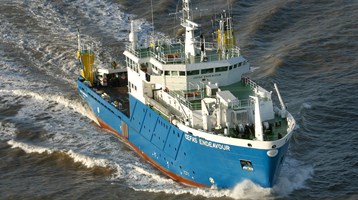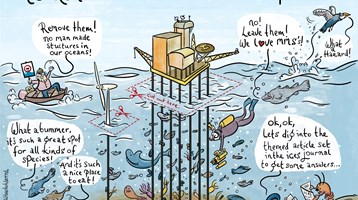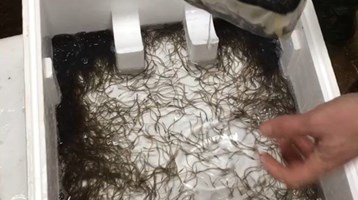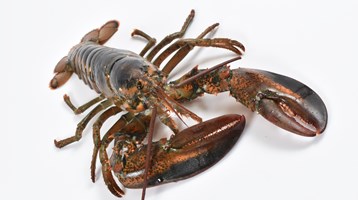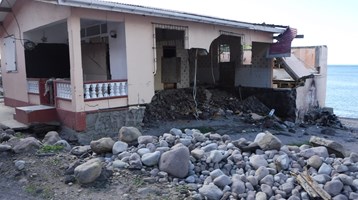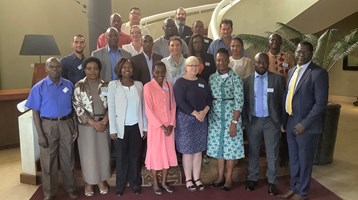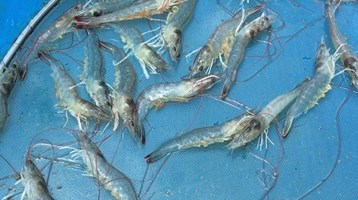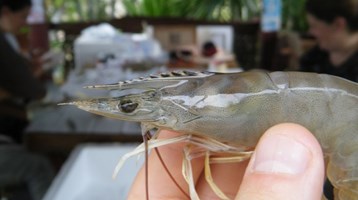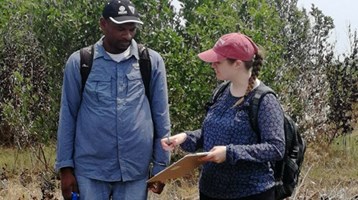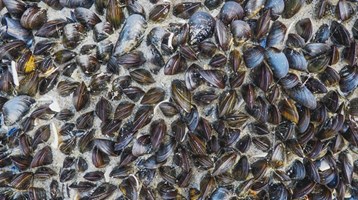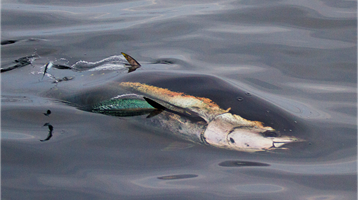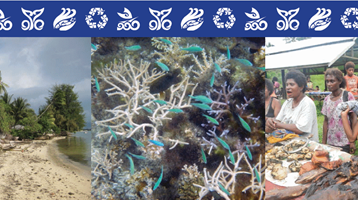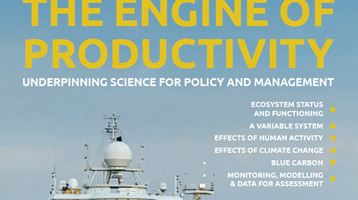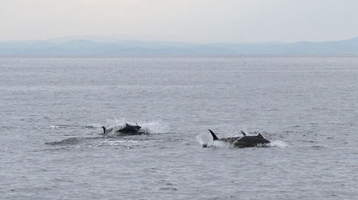One Food- experts gather in South Africa to launch ambitious new approach to sustainable food systems
10 November 2022
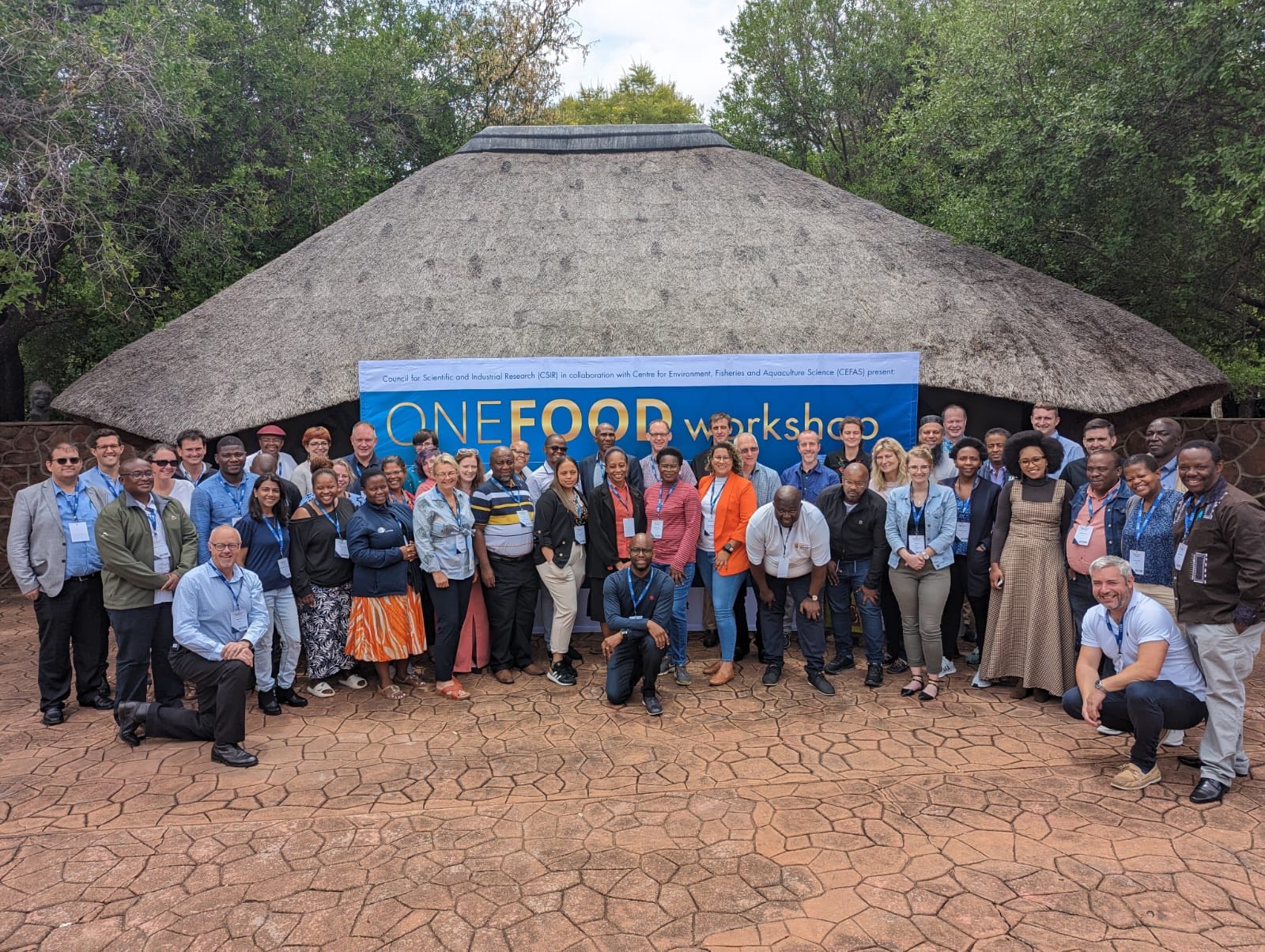
UK and South African experts met last week in the Republic of South Africa to launch the UK government funded One Food programme, which aims to initiate a new movement — where One Health approaches are designed-in to the operation of sustainable food systems. The programme explains the importance of identifying and controlling hazards in food systems as a tangible means to create safer & more sustainable food systems and, a healthier environment.
One Health is a simple philosophy reminding us that the health of all life on earth is inter-connected. A One Health approach to food production considers the importance of the health of the environment, people and food sources (animals & crops / plants) and how all three elements are needed for the most effective food production systems.
All food production on land and in water requires energy and relies on using resources from the natural environment. Food, therefore, lies at the heart of tackling climate change, water stress, pollution, land degradation, habitat fragmentation and biodiversity loss. Simultaneously, transforming foods systems provides a unique opportunity to reduce food insecurity and to deliver affordable healthy diets for all. Environmentally sustainable food systems are a pivot around which we can operationalise One Health policies.
The problem:
Deep specialisms in areas such as animal and plant health, chemical pollution, ecology, social sciences, and nutrition, are generally not applied collectively to consider sustainable food system design – instead, often working in silos.
Hazards are key barriers to sustainable and safe food systems with biological (e.g. pests or diseases) and chemical hazards (e.g. pollution) affecting the efficiency of production and the safety of supply – in their uncontrolled state impacting efficiency of food systems and increasing their impact on natural systems and on climate change.
Professor Grant Stentiford, co-lead from Cefas on the programme explained, “Hazards are well understood to detrimentally impact safe and sustainable food supplies from land and water-based food sectors - however, here we are looking for a more open dialogue between those who understand the direct impact of food sector hazards on yield and those who study interactions between food systems, biodiversity and wider climate metrics. By better control of hazards we have the opportunity to not only drive benefits for safer food production, supply and trade but also to protect and enhance biodiversity, and to mitigate climate impact, associated with food production.”
One Food biodiversity and climate lead at Cefas, Dr Julie Bremner added, “Explicitly hooking nature into food production is the right thing to do morally. It also makes good public health and economic sense because, by saving natural resources we also, through more effective food system design, save meals. We are in no doubt about the challenges of working across such varied scientific specialisms, but the potential rewards are mighty.”
Professor Tony Fooks, co-lead from APHA said, “This is an exciting initiative, which emphasizes why we study animal health in the context of food production. Here we are working with colleagues in Cefas to better understand hazard profiling and impact across terrestrial and aquatic domains and to start considering the combined impact of hazards on animal and plant health systems.”
The solution:
The One Food programme highlights the importance of identifying and controlling hazards in food systems and seeks to use a One Health mindset to bring together deep specialisms in new ways to design and champion sustainable food system design.
The programme launched in South Africa last week brought together experts from a range of backgrounds to start progressing work to recognise the challenge of creating better food systems and to break down silos by focussing on mutually beneficial outcomes.
Experts will examine direct benefits of controlling hazards (in terms of food, profit and trade) and indirect benefits, including enhanced biodiversity and overall climate efficiency. The programme aims to create a ‘community of practice’ around the One Food philosophy, engaging early-career scientists, policy makers, farmers and other social groups as agents of change. It aims to change mindsets on hazard detection to one where ‘detect, interpret, report, act’ underpins safer and more sustainable supply chains. It will also consider how to enact positive change across Government, academia, industry and wider society to make this happen.
The One Food project will be co-developed by the UK Government’s Centre for Environment, Fisheries and Aquaculture Science (Cefas) and Animal and Plant Health Agency (APHA), in collaboration with the South African Government and, academia. The project is funded by the UK’s Department for Environment, Food and Rural Affairs (Defra) within their Global Centre on Biodiversity for Climate. The One Food launch workshop was co-led by Cefas, APHA and the Council for Scientific and Industrial Research (CSIR), South Africa’s leading research and development organisation.
Neil Hornby, Cefas CEO said, “Cefas is delighted to be leading on the One Food programme - a challenging but critical initiative which places the identification and control of food system hazards front and centre in our pursuit of safe and sustainable food sectors on land and in water.”
Dr Maneshree Jugmohan-Naidu, the Director of Agricultural Biotechnology at the South Africa Department of Science and Technology (DST), agreed that the event had been a success, "I was amazed at the variety of different organizations that we had even from here in South Africa and I think that's quite incredible. We look forward to working with all of you as we embark on this journey, and I'm really looking forward to the outcome and how we take this forward from here.”
Dr Rachel Chikwamba, Group Executive, Advanced Chemistry and Life Sciences at CSIR added, “A partnership on systematic approaches to sustainable food systems could not be timelier, particularly against the backdrop of climate change, Covid-19 and political volatility in key food producing parts of the world having severe negative impacts across the world and the African continent in particular. The African Union Theme for 2022 “Strengthening resilience in nutrition and food security on the African continent: Strengthening agro-food systems, health, and social protection systems for the acceleration of human, social, and economic capital development” expresses the urgency of the challenge. The One Food concept squarely addresses this aspiration, and we are delighted that our UK counterparts chose to partner with us to pursue this potentially transformative work.”
For more information, see the Cefas and APHA blogs.
One Food diagram


